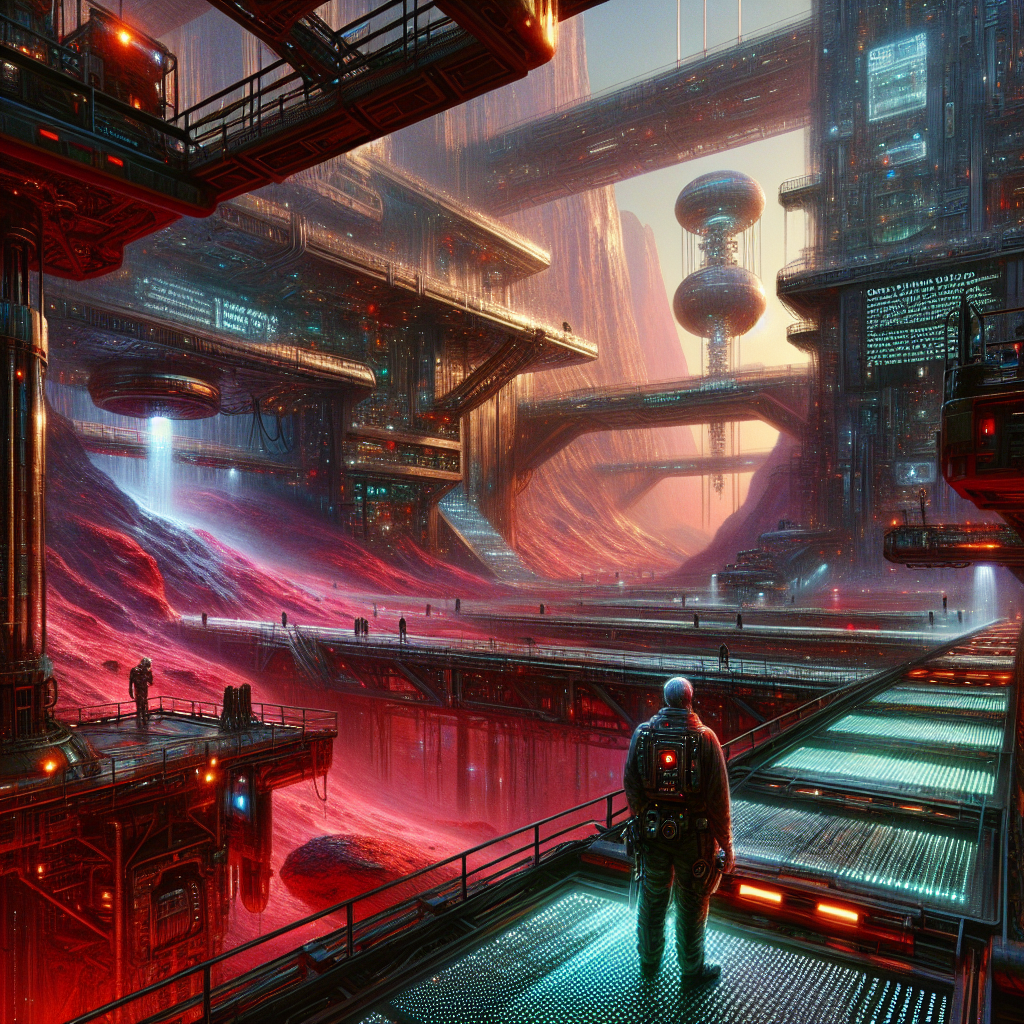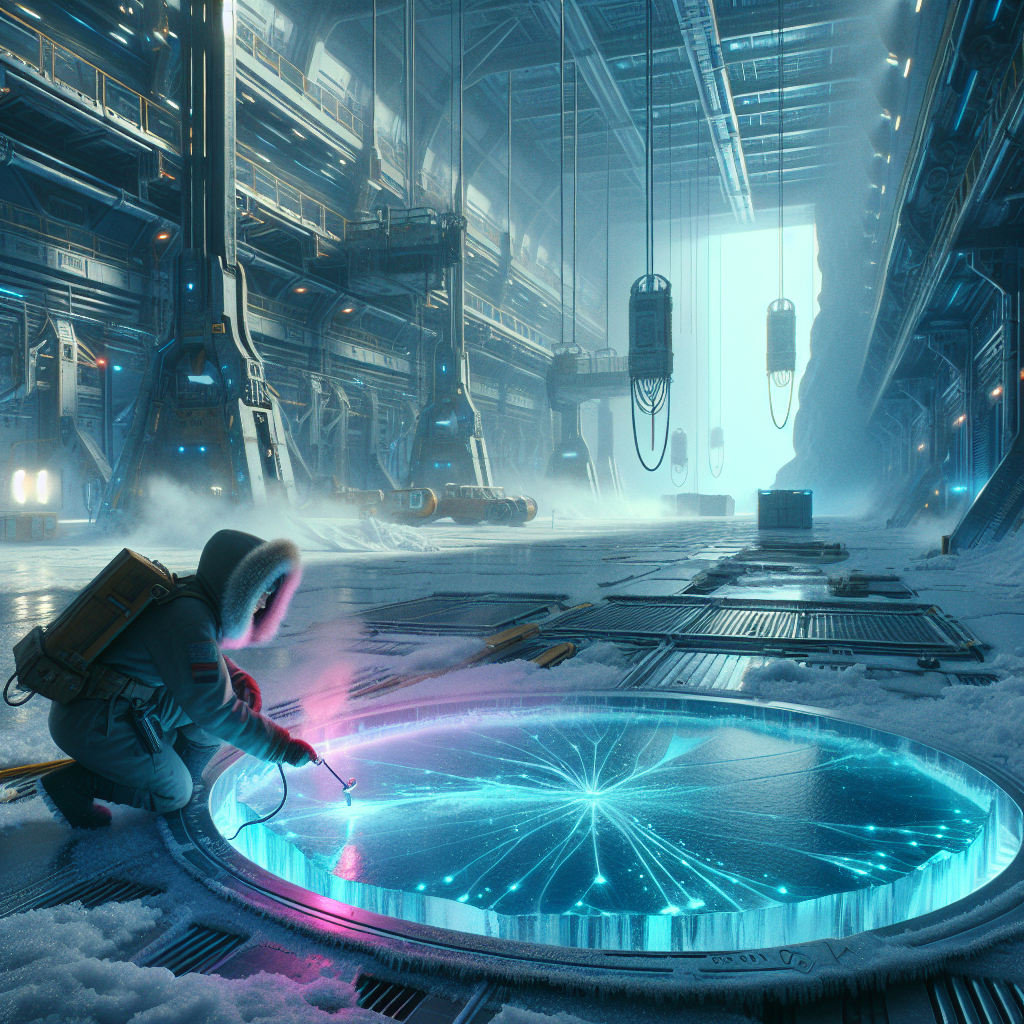CHAPTER 2 - Warnings in Red and Shadows on the Côte d’Azur

Pat pursues the “HELIOS” clue from the Maranello theft to a discreet heliport office near Bologna and finds stone walls, polite smiles, and records that suddenly don’t exist. With a second alarm reported at Lamborghini, she meets tightened security and a whisper about Project Aegis from a sympathetic insider—just before an Italian intelligence contact warns her off under the pretense of national interest. Meanwhile, Lianca dissects encrypted logs and fiber-tap traces from Modena, spotting time-stamp inconsistencies and a reused cipher pattern that suggest multiple actors and a false narrative pointing to the Côte d’Azur. The twins share a tense midnight video call, balancing Pat’s impulse with Lianca’s logic as they sketch a plan that points toward Nice and Monaco. As Pat closes her laptop and steps into the Modena night, she senses a pattern in headlights and footsteps, and realizes she’s no longer alone.
By mid-morning the weather had turned crystalline, the winter sky a polished blue that made Modena’s brick shimmer like lacquer. Pat slid into her black Giulia and let the Quadrifoglio purr ease the knot in her chest, the red of her silk blouse a deliberate flag stitched against fear. The token etched HELIOS wasn’t subtle, and neither was the sunburst logo on the low cinderblock building at the private heliport outside Bologna. When she flashed her Interpol credentials, the receptionist’s smile became courteous marble and the binder of flight logs evaporated to a “digital-only, sorry.” A man with pilot sunglasses watched from a doorway, arms folded, like a statue of Hermes that had reconsidered mischief.
“Helios doesn’t operate helis, we lease hangar space,” the receptionist chirped, already sliding the guestbook toward Pat’s elbow. Pat’s pen traced a false name as she leaned in, letting the red cuff glint like bait as much as armor. “So you can’t tell me if anything flew to coordinates that just happen to land near the Monaco heliport?” she asked, and the woman’s smile tightened into a zipper. The pilot statue moved, a tap of polished shoe on linoleum, as if to mark time.
“We have no record of that,” the receptionist said, and her fingers covered a small button under the desk like a rosary bead. The second alarm from the night before had come from Sant’Agata Bolognese, and Lamborghini’s gate security had traded jokes with her often enough to call her by name. Today the jokes were missing; the yellow bull banners snapped sharp in the wind and clipped the edge of her patience. She got a PR woman instead, the kind who wore compliance like perfume, and every question about perimeter cameras or a stray fiber optic tap dissolved under “proprietary security measures.” When Pat mentioned Project Aegis, the PR woman’s eyes flicked toward a guard like a reflex and then returned, blank as a shutter.
“We share with competent authorities under NDA,” the woman said, and Pat recognized the new doctrine: give nothing, offer coffee, refer to a memo that never quite arrives. Her phone vibrated with a blocked number as she stood in the parking lot staring at a black flight case on a dolly, its carbon weave catching sunlight like fish scales. “Robbiani,” said a voice with a smoker’s gravel and the handle of a colonnello etched into his vowels. “You’re a guest on another agency’s patio.” Pat smiled at her own reflection in the Giulia’s window and folded her arms, letting the boldness show because fear tastes worse when hidden.
“And you’re standing on my father’s doormat,” she said, careful and almond-dry. “Aegis is a protective umbrella,” he replied, “and it keeps our most valuable things from getting wet. Don’t stab holes in it.”
Lianca’s apartment was a cloud of quiet in contrast, pale walls and books like well-behaved witnesses. She brewed green tea, slid on her glasses, and let three displays bloom across her desk: packet captures, access logs, a reconstructed timeline with millisecond snarls.
The fiber-optic tap disguised as a cable tie had carried exfiltration bursts wrapped in TLS with a reused initialization vector every fourth packet—a telltale sloppiness or a signature. The chess notation from the paper clue mapped elegantly to a key schedule—Nf3, d5, Bxh7+—the kind of flourish a bored cryptographer might leave like a dare. When she overlaid camera blackout windows with badge swipes, the minutes didn’t align; thirty-two seconds floated unaccounted for like a breath held underwater. The Côte d’Azur coordinates plotted a neat pin between Nice and Monaco, and Lianca followed network beacons from Modena to a content delivery node in Antibes with a MAC address that had an Israeli vendor’s OUI.
It screamed foreign kit, but the server certificate chain bounced back to a sleepy Italian registrar in Parma, cheap and clumsy. A second anomaly: the Lamborghini event occurred forty-two seconds after the Ferrari blackout began, too synchronized to be accident, too neat for organic chaos. She ran the math twice, then again, and whispered to the empty room, “Somebody wants us to chase the sun.” On her third pass, a signature string surfaced in the encrypted payload: AGX_HELIOSTATS, a term that didn’t belong to car design at all. At lunchtime, Pat slipped into her father’s restaurant through the back, her heels clicking staccato across tile and onion steam.
The kitchen camera had been weaponized against them, and now every clatter of pan sounded like a threat, every gleam of steel a memory. Her father turned from a row of tortellini like a general who hated retreat; he wiped his hands and pulled her into a flour-scented hug. “Eat,” he commanded, because that was how he prayed. She laughed, because that was how she kept from breaking, and then her phone flashed a message from an old flame in Nice: Mikaël, a ground crewman whose texts were usually sun and salt.
Hangar 3 closed for audit after midnight arrivals, he wrote. Weird men in suits, no insignia, long case like a cello. Pat stared at the words, tasted anchovy, and felt something align under her ribs like a knot drawn tight. At a corner table, a single diner paid in cash and left without touching his espresso, a napkin folded once, a drawn sunburst bleeding through the paper.
She palmed it as if it were a coin and put her smile back on for her father, who pretended not to see because knowing when not to ask was a skill he’d taught both daughters. “I’ll bring you something from the coast,” she promised, and he answered with a sigh shaped like Modena’s dome. Back at Sant’Agata in the afternoon, she parked across from the transport entrance and watched cranes move crates with a quiet choreography. A security man asked to scan her phone “for radio anomalies,” and she tilted her head, amused that a polite theft could be couched as a courtesy.
Veronica from aerodynamics, someone Pat had traded coffee and jokes with at a conference, materialized at the edge of the lot like a thought. “We can’t talk,” Veronica whispered, eyes fixed on the horizon where a glass office block mirrored the sun. “Aegis isn’t just a firewall. It’s shared active aero—algorithms, testbeds—across brands.
If it leaks, it’s not just ours.”
“The sliver you gave me matches the flight cases of a supplier who came at dawn,” Veronica added, hands in the pockets of a coat too light for the wind. “Alecto Logistics. Greek myths and bad jokes.” Pat filed the name next to Helios and let a stray curl graze her cheek in the chilled air, the better to look unthreatening. A guard’s radio cracked and spooked Veronica backward.
“They’re watching me, too,” she said, and then she was gone, swallowed by a door that buzzed like a low insect. At dusk, a bar near the canal filled with the amber hush of after-work spirits and bad decisions whispered into clean glass. Pat took a stool where the mirror gave her the room twice and ordered a Negroni because the bitterness clarified. Giorgio Lattanzi, who wore his liaison role with the Ministry like a winter coat two sizes too large, slipped onto the stool beside her as if the seat had been reserved by fate.
“We are aligned more than you think,” he said, eyes on the bottles, voice pitched for no one. “Our friends on the Côte d’Azur are partners, not prey. Do not make them prey.”
“The partners you mean are the ones who let somebody tunnel into Ferrari with a fiber tie and a smirk,” she replied, stirring ice as if it were gravel under a wheel. He sighed, looked older than he had that morning, and dragged a finger along the condensation on his glass.
“There are operations you do not have the clearance to tidy up,” he said, and it was less threat than a weary benediction. “Some umbrellas keep the wrong people dry. Some heat is not for everyone.” When she turned to meet his eyes, he had already paid, the stool yawning empty where his warning had sat. She called Lianca from her apartment when Modena had exhaled into its night hush and the streetlights drew coins on the cobbles.
The screen filled with her sister’s calm, the soft bob of her hair and the steady light of her mind like a lighthouse that didn’t brag about saving ships. “AGX_HELIOSTATS,” Lianca said without preamble, the letters crisp in the room. “Heliostats are mirrors that chase the sun. Think of control surfaces, but for light.
Project Aegis may be a shared control brain that started with aero and slid into optics—sensors, lidar, even solar testbeds. The chess notation? A one-time pad seeded from recorded openings. Cute, but not cute enough.”
“The timing on Ferrari and Lamborghini is choreographed,” Lianca continued, flipping to a graph that looked like a heartbeat with too much coffee.
“I’m also seeing an inside thumbprint in Ferrari security—an administrative token used two minutes before the blackout, then revoked. They anticipated an audit and tried to get ahead of it.” They lapsed into the kind of silence only twins can have, an exchange of breaths and old afternoons in the dojo and the ghost of their mother’s laugh. “Don’t go alone,” Lianca said, and Pat smiled with a corner of her mouth because when had she ever done anything else. “I’ll keep digging.
You keep breathing.”
After the call, Pat printed maps and checked a small case with two passports and a pair of gloves that looked like elegance but gripped better than truth. Her inbox pinged with a fresh anonymous message—just five words: Check your six, bella rossa. She closed the window and listened to the building, the hum of the refrigerator, the faint scrape of a chair in the courtyard as if someone had shifted coastlines. Years of sparring had taught her to read air as well as faces, and now the air looked back.
She shut the lights and let the city’s reflected glow be enough. She took the stairs, not the elevator, her heels muted by rubber caps she knew when to use. On Via Emilia, scooters stitched the traffic into threads, and a gray hatchback idled a little too perfectly opposite the bakery that was already pretzels and sleep. She walked three blocks, paused at a shop window to adjust her hair, and watched the same hatchback slide into view in the glass, patient, polite, a shadow that had bought a tie just to join the night.
A scooter passed her for the third time in ten minutes, the rider’s head tilted exactly the way a camera lens does when pretending to be casual. Pat’s mouth tilted with it as she turned down a narrow lane, senses pricking, the old question returning like an old song: who, precisely, had decided to follow her tonight?











































































